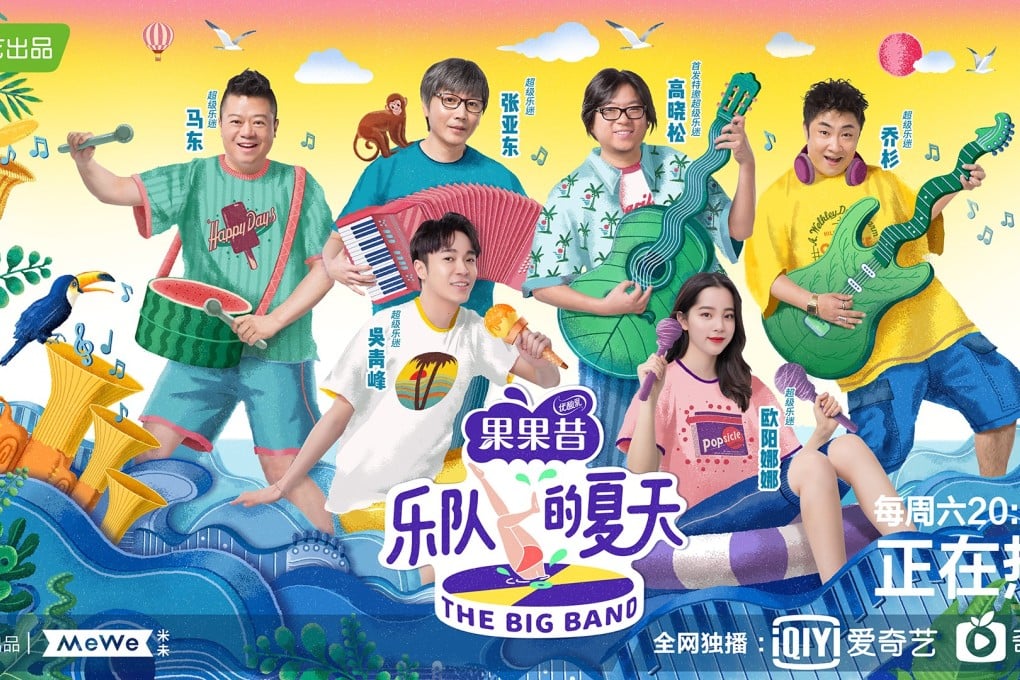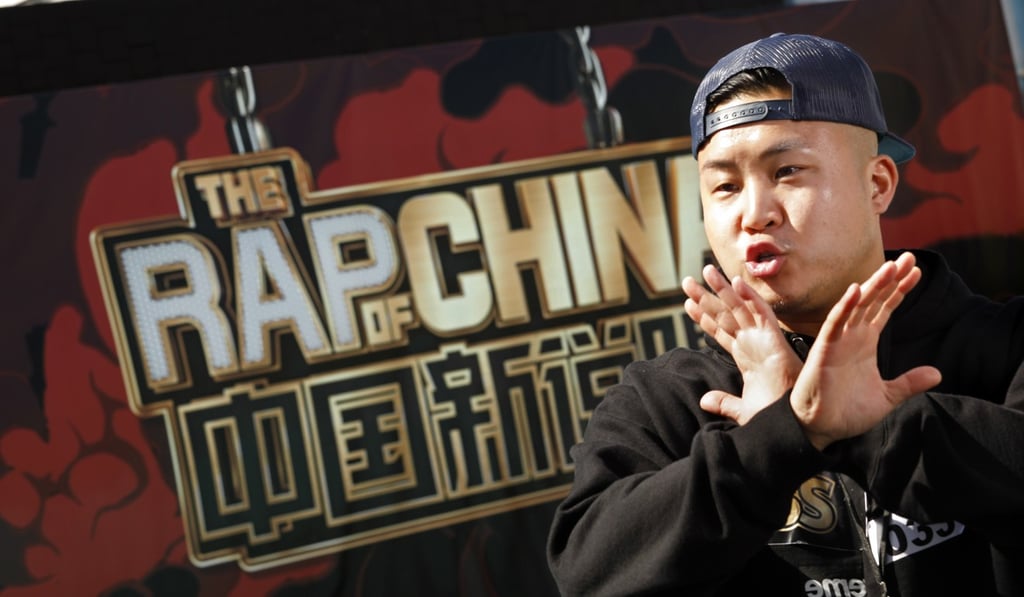China’s ‘king of reality TV’ on The Rap of China, and how indie music could be next genre to go mainstream
- Since Chinese streaming giant iQiyi struck gold with The Rap of China, it has launched a number of similar music contest series
- Its latest, The Big Band, hopes to push Chinese indie music into the mainstream

Following the smash-hit success of The Rap of China, China’s top video streaming company is trying to bring rock music to the Chinese masses.
Since its launch in 2017 by Chinese streaming giant iQiyi, The Rap of China has become a cultural phenomenon, propelling China’s previously underground rap culture to the mainstream and making stars out of several of its contestants.
Other subcultures linked to hip hop, such as break dancing, graffiti and street fashion have also enjoyed a boom, and in 2018, iQiyi launched Hot Blood Dance Crew, a reality-TV street dance contest show produced by the same team behind The Rap of China, which recently returned for its third season.
Chen Wei, the senior vice-president of iQiyi and executive producer of both The Rap of China and Hot Blood Dance Crew, says The Rap of China has become a hugely profitable franchise spanning video games, virtual idols and fashion products.

“After each season, we launched several hundred spin-off products including jewellery, lighters, skateboards and even spectacles,” says Chen, known in China as the “king of reality TV”.
To nurture the career of budding hip hop artists, iQiyi set up the specialist hip-hop agency Hedgehog Brother Entertainment, in collaboration with Yige Media.